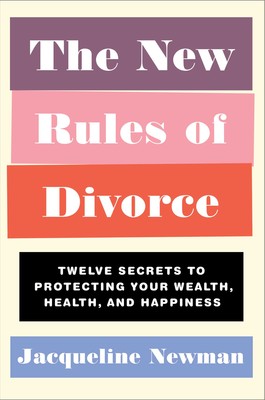Is the Upper East Side “wife bonus” a real thing?
Originally Published by Danielle Paquette on The Washington Post, May 18, 2015
Here’s a thing that 1) probably isn’t real and 2) if it is, exists mostly in Manhattan or a future Candace Bushnell series: The “wife bonus.”
New York anthropologist Wednesday Martin, a self-described “cultural critic at large in high heels,” flipped the collective stomach of feminism Sunday with the phrase in a New York Times op-ed. The accompanying illustration shows a man fastening a golden lock around a woman’s neck.
Martin said she raised her children on the famously ritzy Upper East Side — and used the opportunity to conduct loosely defined social research (which, we should note, will be featured in a new book called “The Primates of Park Avenue”).
The “Glam SAHMs” — or glamorous stay-at-home-moms — she wrote, lived in a “glittering, moneyed backwater.” They had Ivy League degrees and a penchant for Flywheel. They devoted every waking second to household duties and their children’s development. And they expected formal compensation:
“A wife bonus, I was told, might be hammered out in a pre-nup or post-nup, and distributed on the basis of not only how well her husband’s fund had done but her own performance — how well she managed the home budget, whether the kids got into a “good” school — the same way their husbands were rewarded at investment banks. In turn these bonuses were a ticket to a modicum of financial independence and participation in a social sphere where you don’t just go to lunch, you buy a $10,000 table at the benefit luncheon a friend is hosting.”
While no credible data or research supports this claim, some top New York divorce lawyers said Martin isn’t entirely off about the marriage economics of Manhattan’s elite.
The wealthiest couples often foster staggeringly unequal partnerships, said Jacqueline Newman, managing partner at Berkman, Bottger, Newman & Schein. Her matrimonial law firm on 5th Avenue typically serves clients worth between $2 million and $300 million. Many of the women she meets have advanced degrees but have opted out of working.
The “Wall Street wives,” as Newman calls them, have prenuptial agreements that ensure, say, generous bank accounts funded for living expenses. But they’ve never mentioned a wife bonus, or any contractual reward for the domestic achievements Martin describes.
“The clients I have would be thoroughly offended by that phrase,” Newman said. “They pour so much work into raising their families. They’re in charge of managing the household, all the players involved. Often their husbands travel and don’t want them to work.”
This narrative shatters when divorce proceedings start, Newman said. “The husbands will say things like, ‘I could raise the kids, but you could never make a million dollars on Wall Street.'”
Raoul Lionel Felder, a divorce attorney who has practiced in New York for 50 years (and was named Dr. Estranged Love by GQ), has never encountered a legal version of the wife bonus — and, he said,”Upper East Side women are a specialty.”
Some of Martin’s lifestyle observations, however, sound about right to him. “It’s a choice some women make,” Felder said. “But she makes [the Upper East Side] seem like a world of women who’ve surrendered any form of intellectual pursuit.”
The marriages he sees up-close and on paper, of course, don’t resemble typical domestic arrangements in the United States. Women comprise half the workforce. The number of female breadwinners has tripled since the sixties. And if the phrase “wife bonus” makes you queasy, fret not: It’s safe to say more American women are vying for rewards at work.
Buy Jacqueline's Book
The New Rules of Divorce is the definitive guide to navigating divorce in today’s world.
